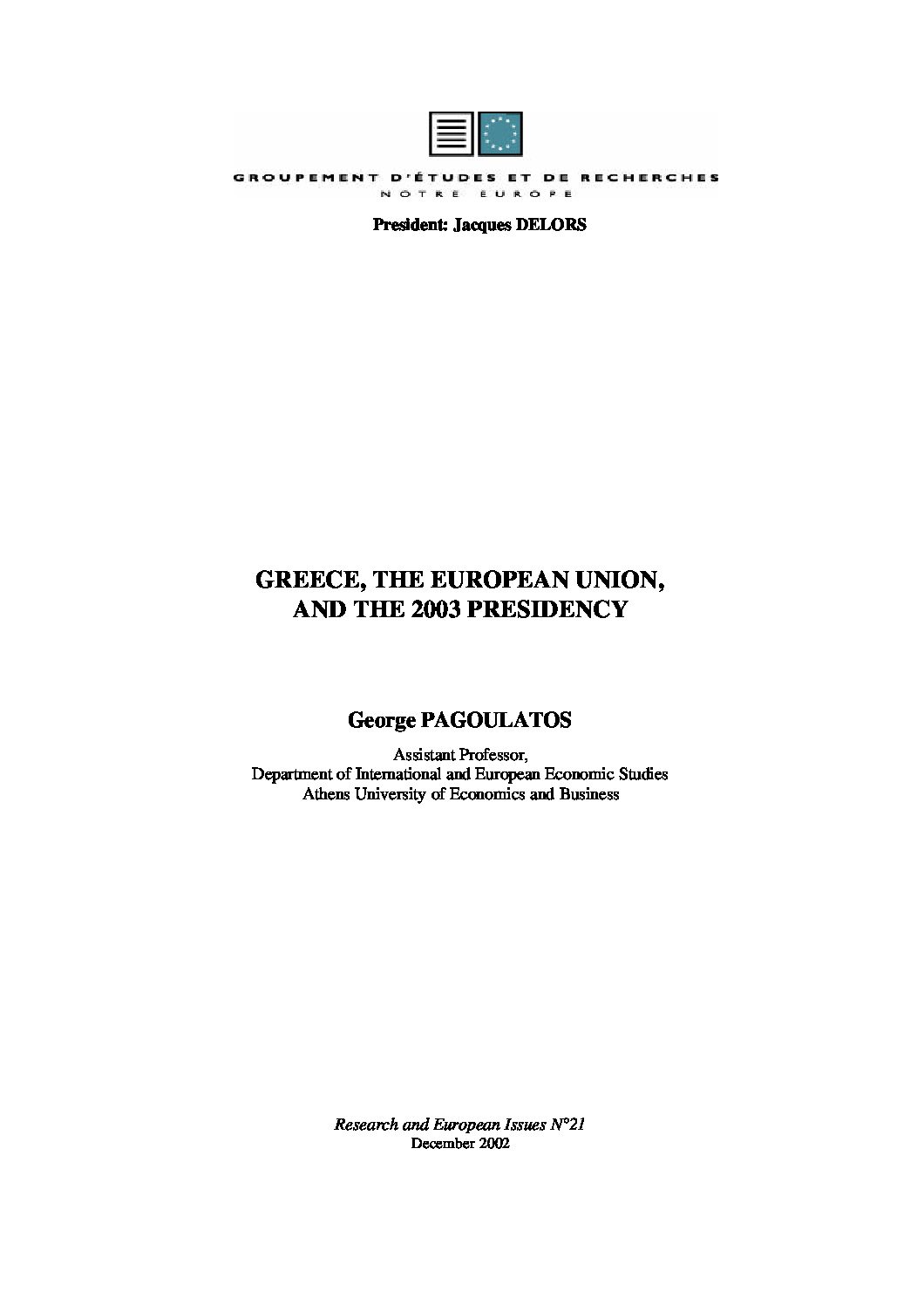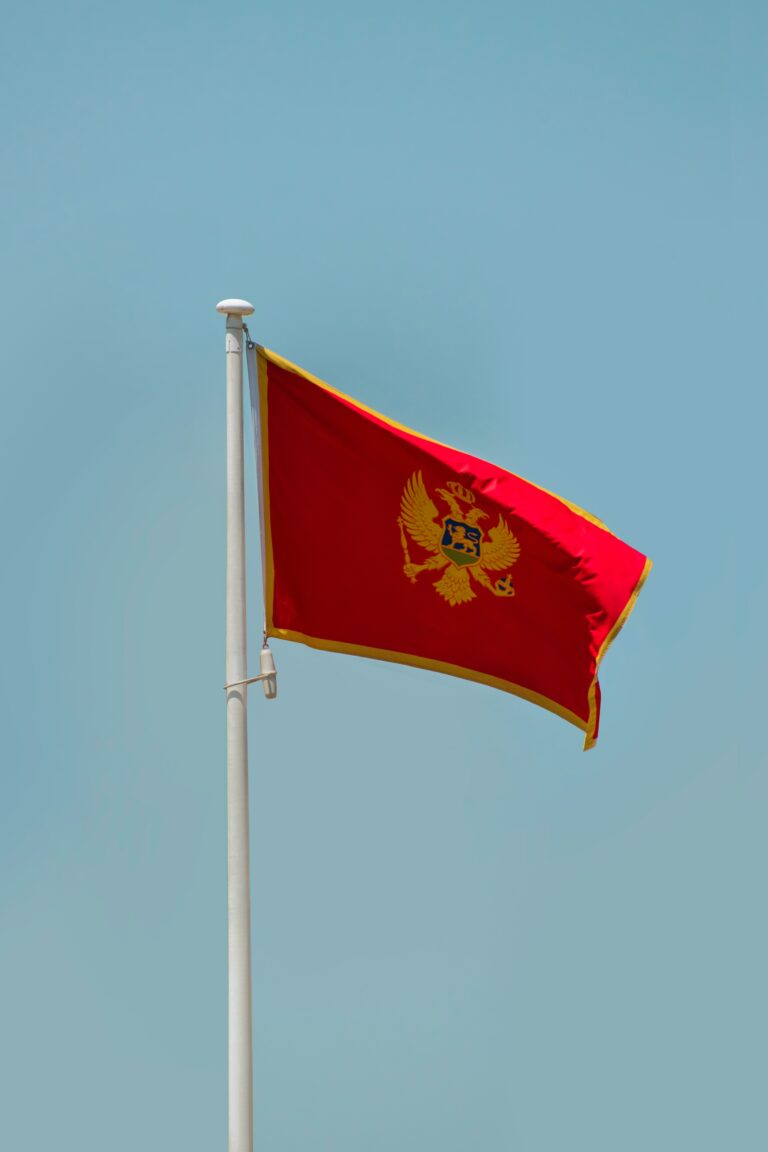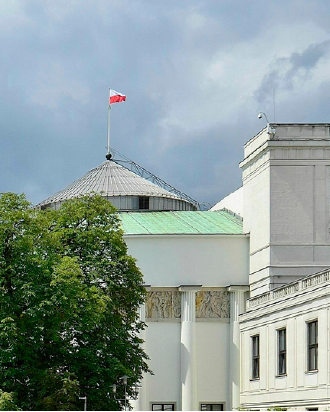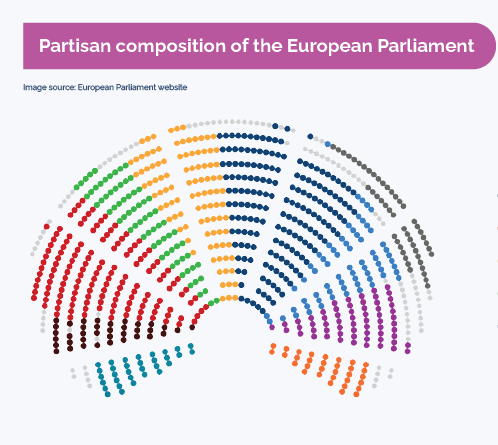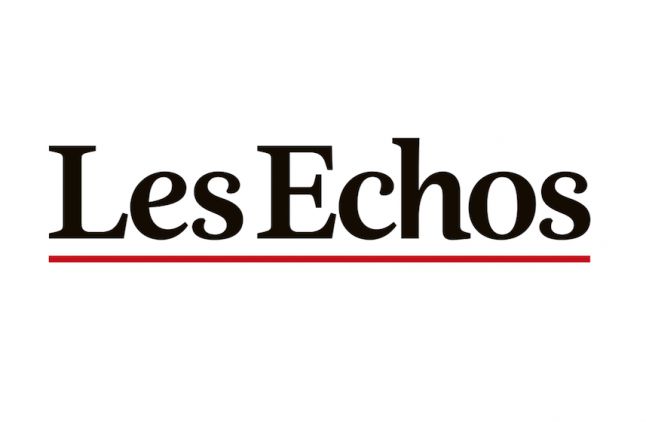Report
Greece, the European Union and the 2003 Presidency
A presentation of the stakes around the Greek EU’s presidency.
FOREWORD BY JACQUES DELORS
I am very grateful to George Pagoulatos for the clarity and perceptiveness with which he has presented the eventful path leading to Greece’s integration into the European Union and the lively debates which this has provoked. This path has been anything but linear. Greece’s entry into the European Community on January 1st 1981 was followed in October of the same year by the “historical victory” of PASOK which was opposed to membership and by the creation of the first Papandreou government, which marked the beginning of a period of ruptures in relations with the European “mainstream” on a number of points.
In reminding us that public expenditure as a percentage of Greek GDP increased from 29% in 1975 to 51% in 1990, G. Pagoulatos enables us to assess the extent of this rupture. He also rightly dates the beginning of the 1990s, after a largely peaceful change in political power, as the start of an uninterrupted period of convergence and integration which spectacularly led Greece to the centre of European politics. The fact that the average Greek income per capita relative to the EU average is currently reaching the same level as 1978 (70%) shows dramatically the turbulent character of this historical phase. From now on, we must forget the stereotypes of Greece’s marginalisation in the Union because they are obsolete. I share the author’s assessment of the current position of Greece in Europe as a success story, whether this be in items of to its political, economic or administrative evolution, its integration into EMU and the single market or its international stance.
I also know the huge role the Prime Minister Kostas Simitis has played in this success, which I feel should be emphasised in this brief foreword. The new centrality of Greece can be seen if we consider that, despite only officially taking over the Presidency of the Union from January 1st 2003, it has in fact already exercised this role since July 1st for questions related to EMU and ESDP due to the Danish opt-out from these two policy areas. The centrality of the country holding the Presidency is a valuable asset for us all in this crucial period which is now beginning. This presidency will be important for the successful conclusion of the Treaty of Thessalonica, which will remain in history as the treaty of reunification of the continent.
Furthermore, it will be significant in ensuring a smooth handover to the Italian Presidency which will coincide with the sensitive passage from the Convention to the intergovernmental conference, with the aim of providing the Union with the institutions it needs to make this reunification a success. Moreover, it is important to remember that, in the meantime, it will also have to successfully manage the Spring European Council which governs the economic and social aspects of the Union, as well as many other issues… In this period where, to a large extent, the future of European political union will be decided, it is with confidence and hope that I see the Presidency passing to the country which invented democracy, and which has in recent times seen public support for membership of the EU at record levels and the highest of all fifteen member states.
SUR LE MÊME THÈME
ON THE SAME THEME
PUBLICATIONS
Montenegro’s new government: marching towards the European Union

Une victoire à la Pyrrhus des « illibéraux » ouvre la voie à un réengagement européen de la Pologne

European elections 2024: guidelines

MÉDIAS
MEDIAS
Soupçons d’ingérence en Roumanie : la Cour constitutionnelle annule l’élection présidentielle

Deux mois de changement de pouvoir en Pologne : la Tusk force

Elections Américaines 2024 : Trump, le droit et la démocratie

ÉVÉNEMENTS
EVENTS
Euroquestions #66 | Between the Slovakian and Polish elections, where is Central Europe heading? [FR]

Inaugural session of the Académie Notre Europe | “Political and institutional Europe” [FR]

Euroquestions #64 | A look back at the 2023 State of the Union speech [FR]

Euroquestions #62 | One year ahead of the 2024 European elections

Les Rencontres du Grand Continent au Sénat | European democracy in the face of crises: what role for parliaments? [FR]

Euroquestions | Swedish General Election : towards another deadlock ? [FR]

Euroquestions | French presidential election: what impact for Europe? [FR]

Mardi du Grand Continent : How to interpret the results of the first round? [FR]

Euroquestions | Hungarian parliamentary election : a high-stakes election for Europe [FR]










